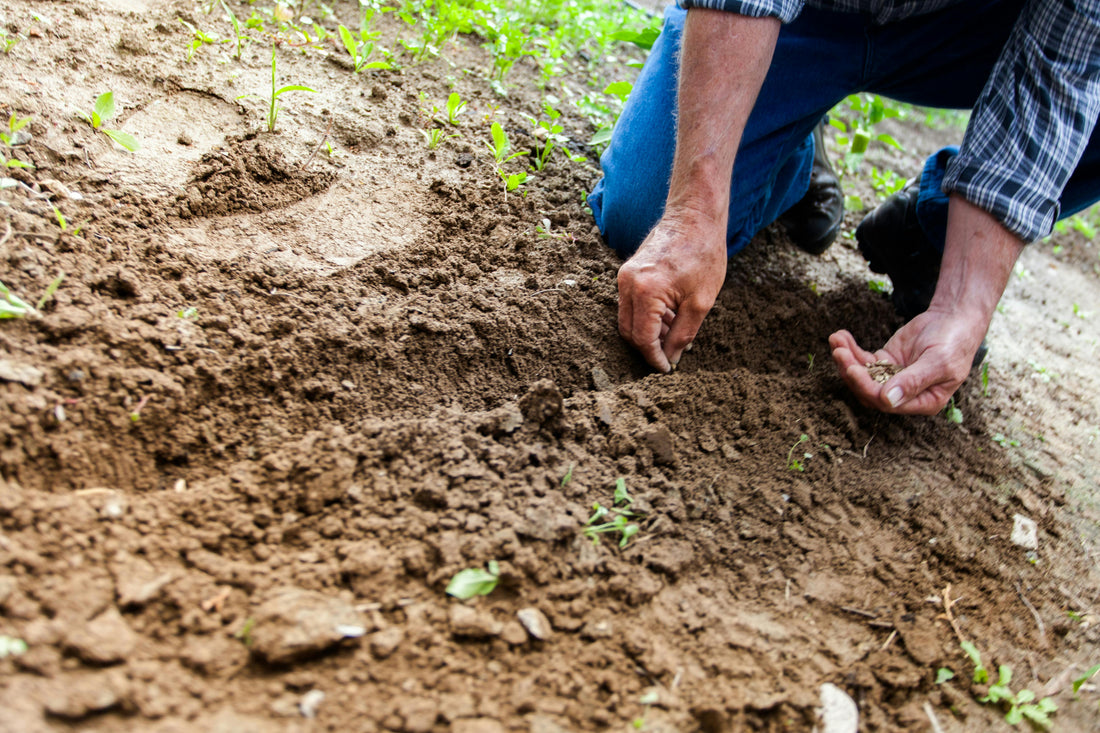
How Gardening Supports Mental and Physical Health
Share
Introduction
Spending time in a garden isn’t just relaxing—it could actually improve your health. From reducing stress to improving movement, gardening activities are gaining attention as a simple, natural way to support mental, physical, and general well-being. A recent review shows that gardening can be especially helpful for people living with chronic health conditions like obesity, high blood pressure, depression, and cognitive decline.
Gardening as Gentle Therapy
Gardening is more than just planting flowers. It includes watering, digging, weeding, harvesting, and being around green spaces. These activities combine light physical movement with mental engagement and time in nature. That’s why it has been used in therapy programs for older adults, people with dementia, and those recovering from illness.
It’s an enjoyable and low-risk way to stay active—especially for people who may not be able to do intense exercise. Gardening can be done at home, in community gardens, or as part of organized programs in care centers.
Benefits for Mental Health
Among the strongest benefits seen from gardening were improvements in mental health. People who took part in gardening activities reported feeling less anxious, less stressed, and generally more emotionally balanced. This is especially important for older adults or individuals living with chronic illnesses, who often struggle with low mood or isolation.
In programs where gardening was done regularly, participants even showed improved mood and better sleep. These benefits seemed stronger when gardening was done in a group, offering a chance for social connection, which is also key for mental well-being.
Support for Physical and General Health
Gardening also offered modest improvements in physical health, such as better blood pressure and small boosts in physical function. While these changes were not as strong as the mental health benefits, they were still valuable—especially for people managing long-term health issues.
General health markers like quality of life, pain levels, and overall satisfaction with daily living also improved slightly. In short, gardening helped people feel better in body and mind—even if the physical results took longer to show.
Who Can Benefit Most
The review highlighted that gardening was especially helpful for older adults, including those with dementia, depression, or limited mobility. It was also a safe, inclusive option for people with different health backgrounds. Participants didn’t need to be experienced gardeners—just willing to try and enjoy the process.
Community-based gardening projects and care-home programs were both found to be effective, offering flexibility depending on location and needs.
Conclusion
Gardening isn’t just a hobby—it can be part of a health and wellness routine, especially for people with chronic conditions. It offers gentle movement, mental relief, and a chance to connect with others and with nature. While more research is still needed, the message is clear: even a small garden can grow big health benefits.
